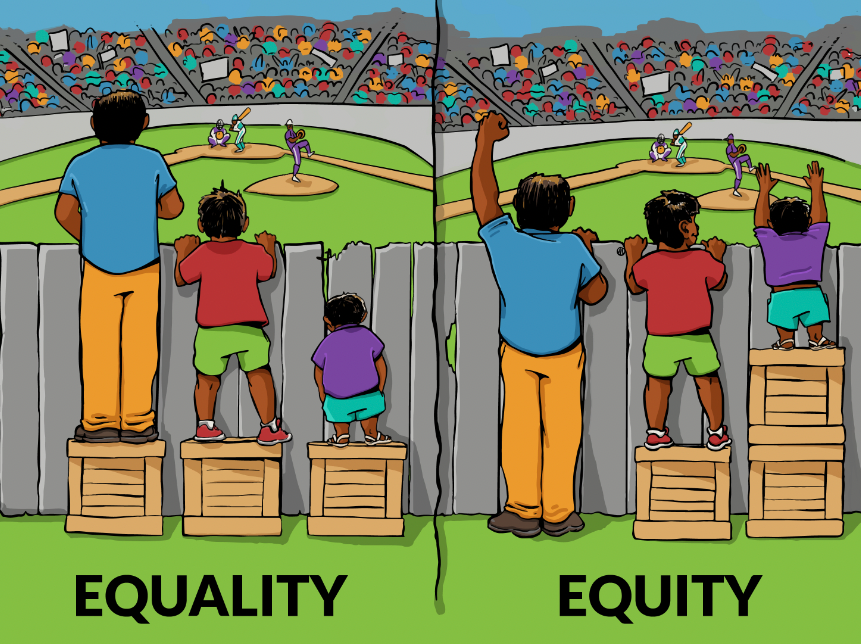Affirmative Action
- Maina Vaidya
- Mar 20, 2024
- 2 min read
Updated: Jun 27, 2024
On June 29, 2023, the Supreme Court fundamentally altered the future of American high school students when it invalidated race-conscious affirmative action programs in college admissions. Its decision in Students for Fair Admissions v. Harvard has overturned decades of judicial precedent permitting the consideration of race in higher education. As a sophomore, I’ve watched my senior friends struggle with applications, celebrate acceptances, and mourn rejections. The ruling that came out this summer has been a hard pill to swallow for most young people.
A core part of the college experience is learning and living with people who look different and have had different experiences than you. Colleges are more than their classrooms. They have societies and cultures within them, and the reduction of student diversity will result in less diversity of thought.
By rejecting “race-conscious admissions in higher education,” the SCOTUS is once again overturning decades of legal precedent, arguing that affirmative action violates the Equal Protection Clause of the 14th amendment. However, despite this, Chief Justice Roberts made it clear in his opinion that schools can still consider how race has affected the applicant’s life. While that is partly comforting, it won’t produce the diversity that both universities and applicants crave. Equally as notable is that 8 of the 9 current Supreme Court Justices went to either Harvard Law School or Yale Law School. This further proves that what happens at “elite” schools, as well as at any educational institutional matters because that's where future leaders are being shaped.
Researchers from Georgetown University studied what would happen if race was removed from college admissions. The predictable conclusion was that there would be a dramatic decrease in ethnic diversity. This conclusion, then, begs the question: Do we need to redesign the whole system? If we are prohibiting “race-conscious admissions,” why are we allowing legacy-based admissions?
Many counterarguments against affirmative action say that striking it down is finally the “equality” that the Left so desperately claims to want. I would argue the opposite. How can it be equality when everyone is not given the same starting base? As Justice Sotomayor wrote in her dissent in SFFA v. Harvard, "Equality requires acknowledgment of inequality." People’s grades and extracurriculars are, in part, directly ties to their circumstances and overall access to resources. Understanding people’s backgrounds and histories are immensely important when considering them for admission. Furthermore, the notion that affirmative action helps those who don’t deserve to get in is completely false. Zack Mabel, a Georgetown professor said: “It boils down to: The more information that you are able to consider about the educational opportunities and disadvantages that an individual has had in their life, the better you as an admissions officer are going to be at understanding who is going to be a qualified applicant."
As for next steps, colleges are going to have to figure out how to effectively ensure that their student body is diverse. As a soon-to-be college student, I wholeheartedly hope that my college experience is as diverse as previous years were.
By Maina Vaidya
Information from the NPR Article: Why the Supreme Court decision on affirmative action matters
Picture from: Interaction Institute for Social Change





Comments